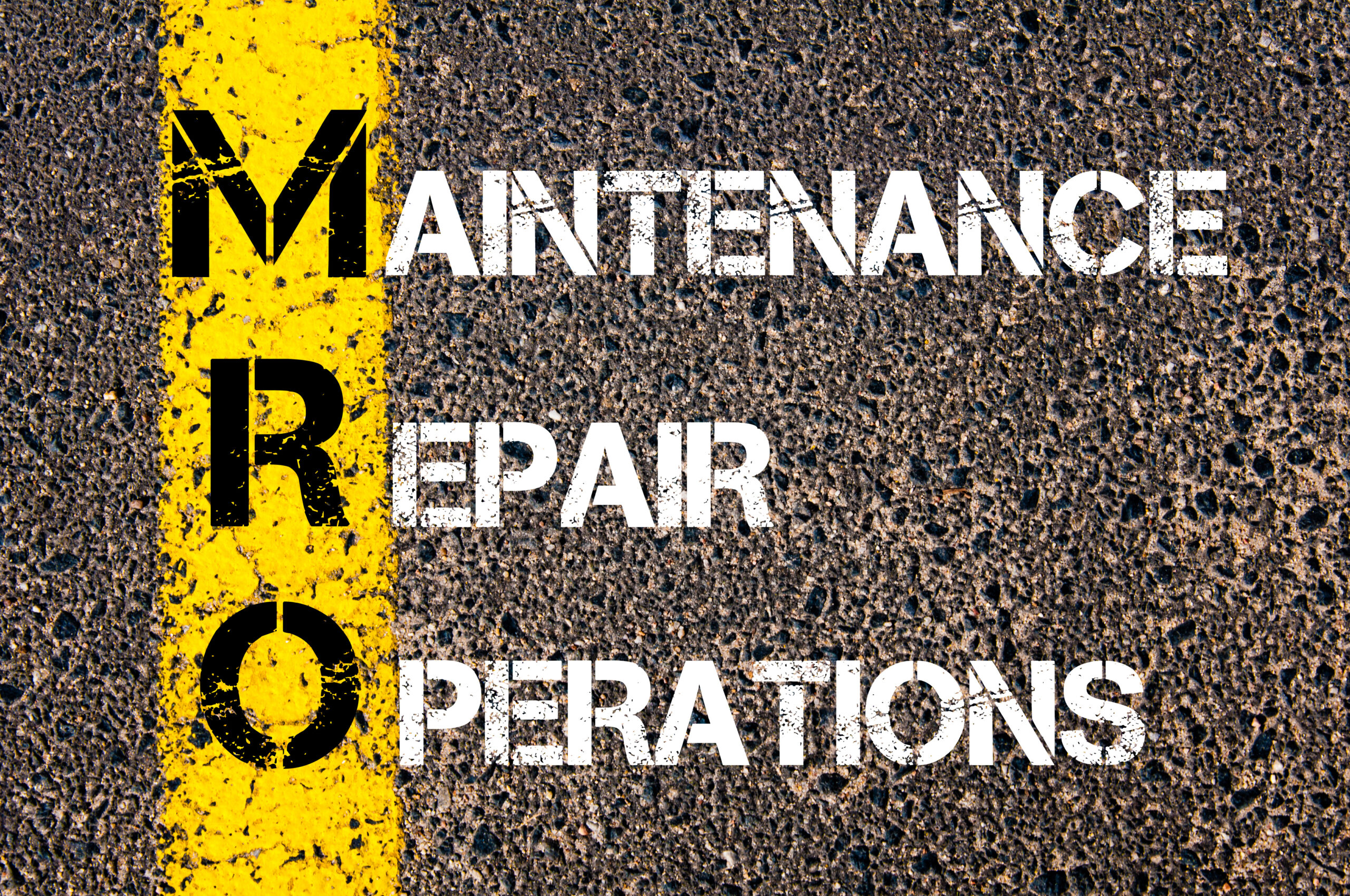The Power of Direction Setting: Leading with Purpose and Clarity
In any organization, the absence of clear direction can lead to confusion, inefficiency, and stagnation. Direction setting—the process of defining a vision, establishing goals, and communicating a clear path forward—is one of the most critical functions of leadership. When done effectively, it empowers teams, drives progress, and ensures that everyone is working toward a shared purpose. Why Direction Setting Matters Clarity Amid Complexity In today’s fast-paced and dynamic work environments, ambiguity is a constant threat. Teams often juggle competing priorities, shifting expectations, and unforeseen challenges. Without a clear direction, it’s easy for individuals to feel lost or misaligned. A well-defined …Read more »



















